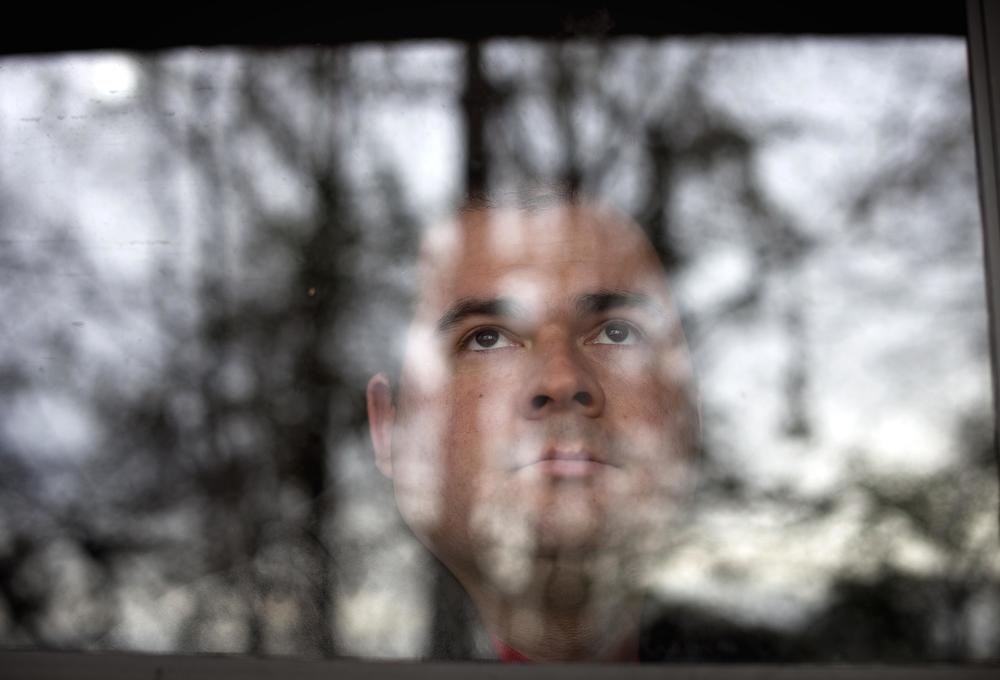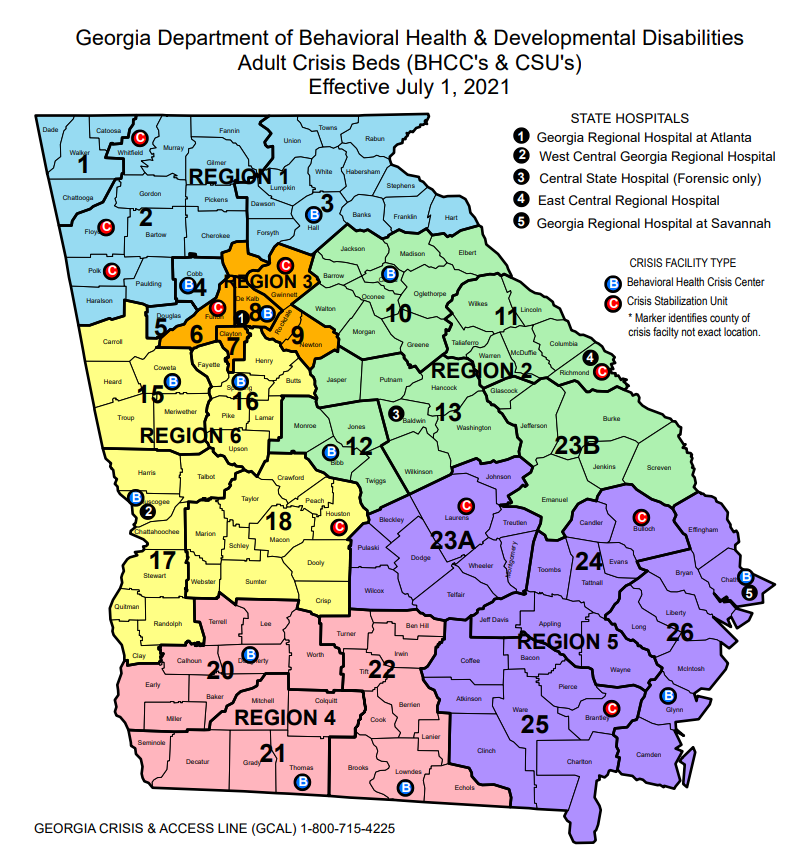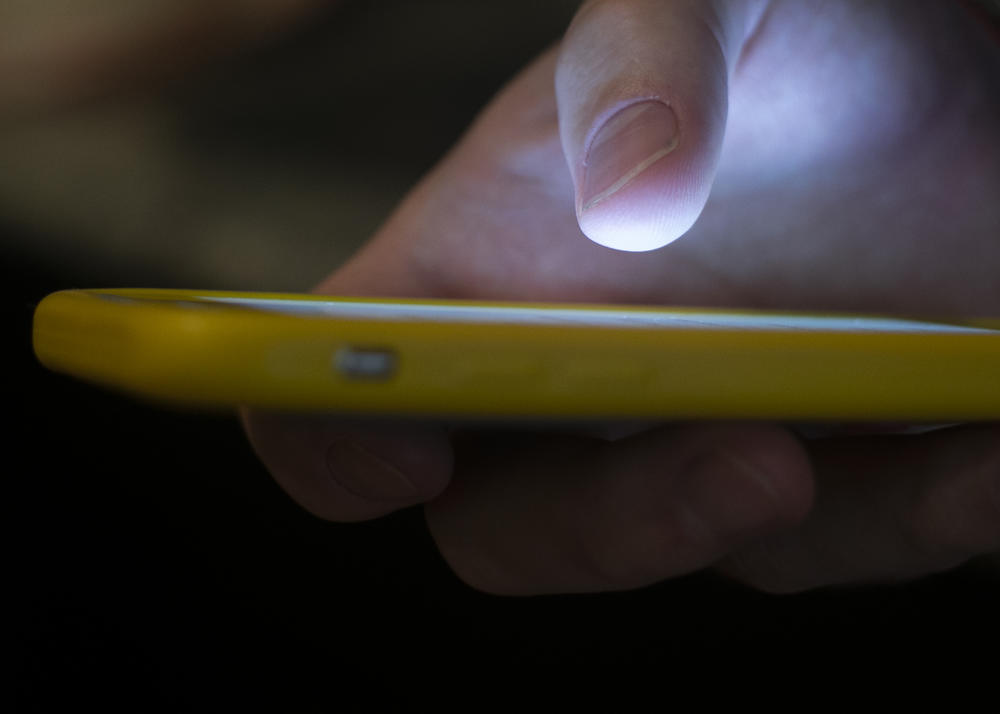
Caption
In this Feb. 2, 2011 photo, David Nathan Thompson looks out from his apartment in Columbus, Ga., where he's serving a probation sentence of banishment from most of the state. Thompson, who suffers from mental illness, is prohibited from living with or visiting his family in Atlanta, his main support network, and says the isolation makes his condition worse. Georgia's constitution forbids courts from banishing anyone "beyond the limits of the state,'' but judges have for years skirted the restriction by restricting criminals from living in all but one of the state's 159 counties.
Credit: David Goldman / AP



